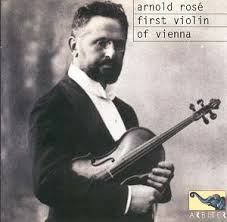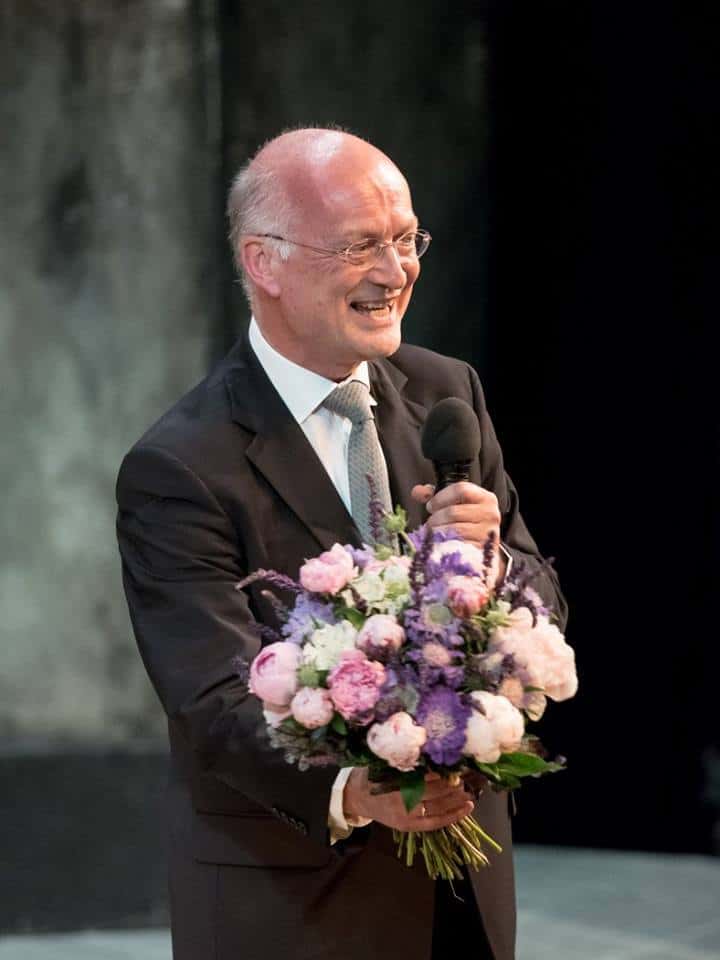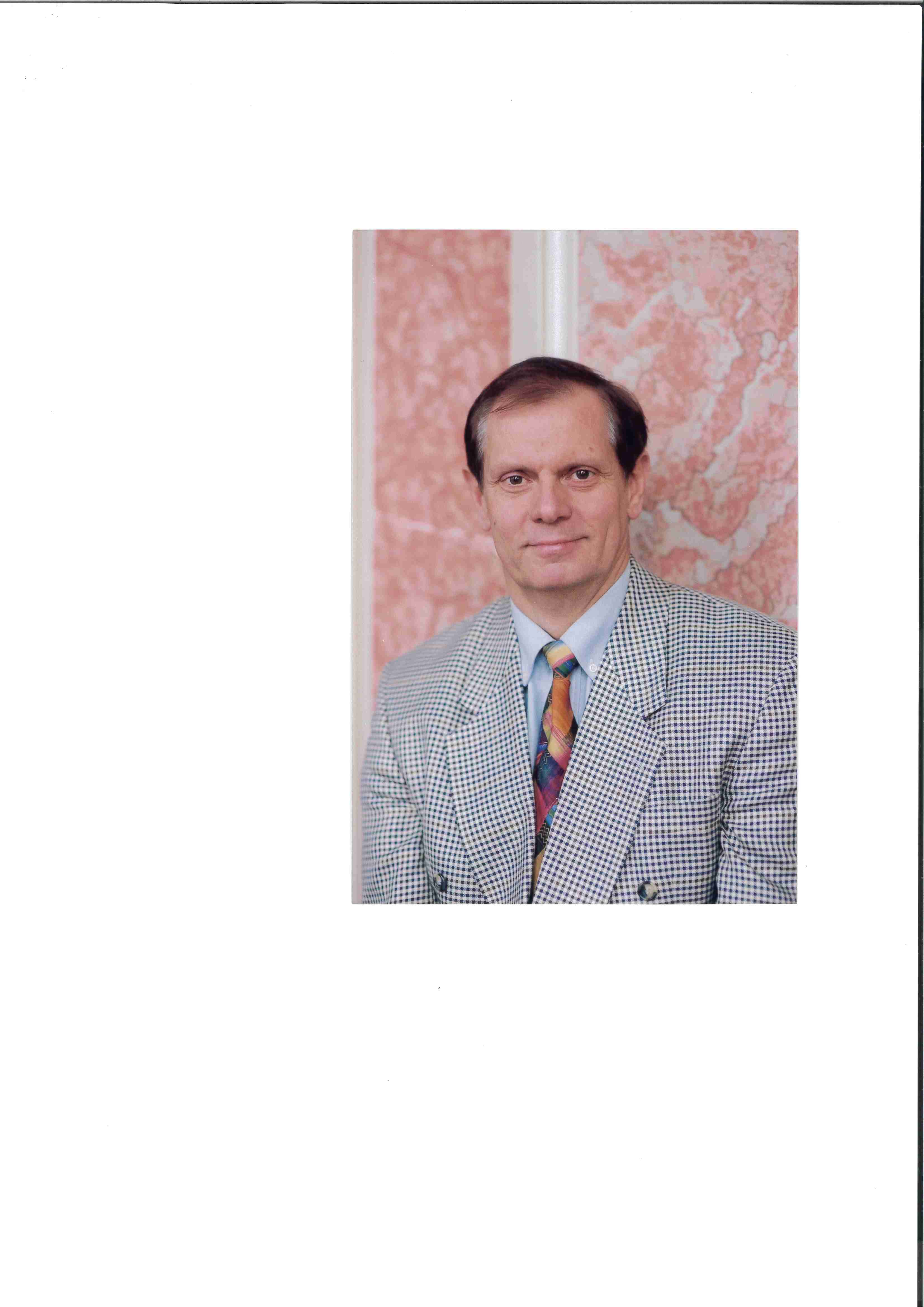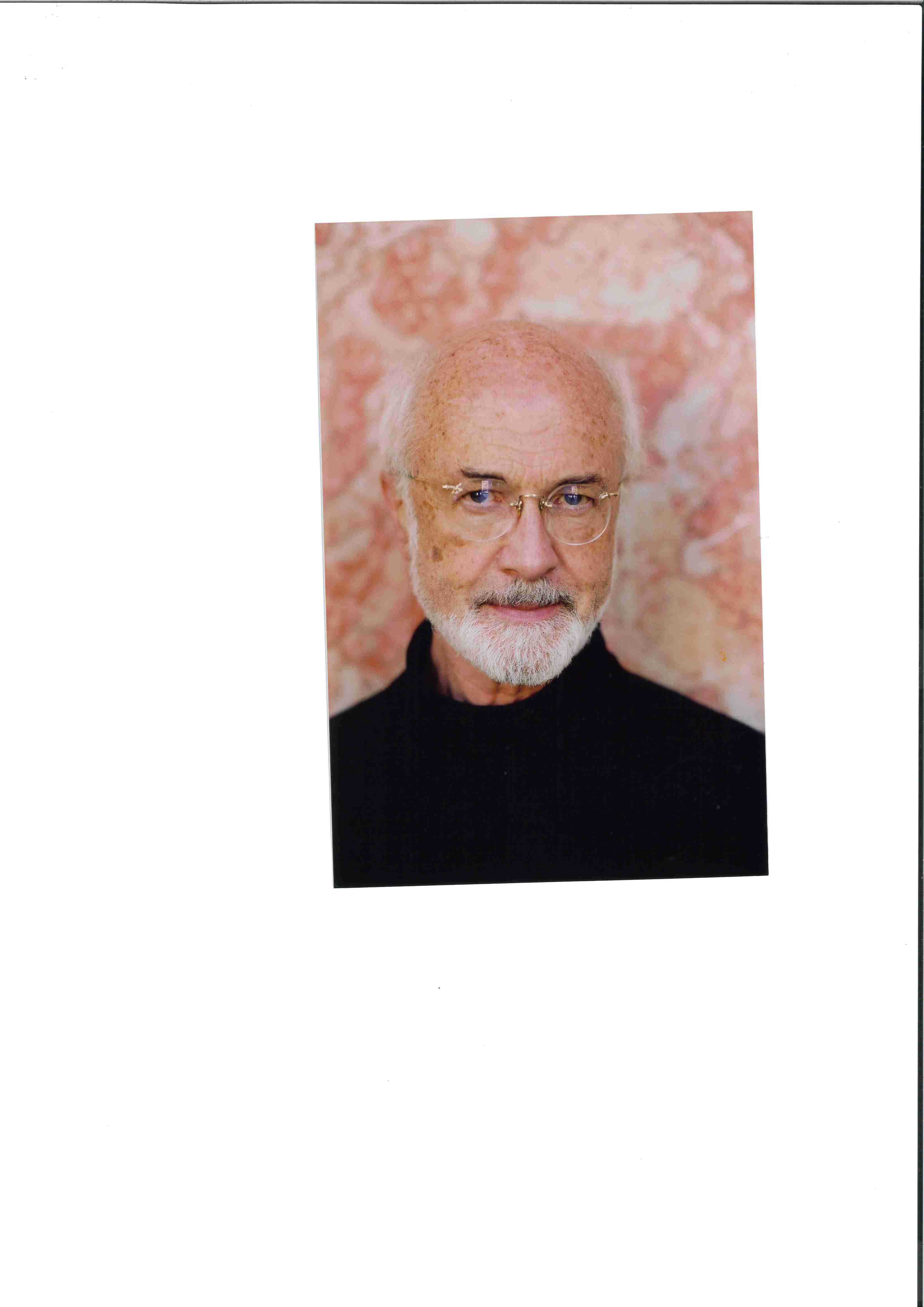Exclusive: Vienna Philharmonic’s longest serving musicians
mainThe Vienna Philharmonic have very kindly supplied Slipped Disc with a list of their 10 longest serving players. The calculation is slightly complicated since membership of the Vienna Phil comes via employment at the Vienna Opera, but is not automatically granted. But one of the players worked with Beethoven and several with Mahler and Strauss.
Here’s the full rundown:
1 57 Years: Arnold Rosé (1863-1946)
Was engaged at the age of 17 after a performance of Carl Goldmark’s Violin Concerto. He left the VPO in 1897 after his request to double his fee was rejected, returned in 1898. Left again in 1901 after his brother-in-law Gustav Mahler was deposed, returned in 1925/1926 as a guest concert master, 1929 as concert master. Was thrown out after the Anschluss in 1938 and fled to London, where he died in 1946.

2. 51 Years: Mathias Meyer (no known dates)
Principal viola in the Vienna Court Opera 1817 – 1868, founding member of the VPO in 1842 (may have performed in the first performance of Beethoven’s Ninth Symphony in the Kärntnertortheater/Court Opera in 1824)
3. 47 Years: Georg Hellmesberger (1800 – 1873)
Succeeded Franz Schubert as a soprano in the Vienna Boy’s Choir and Beethoven’s friend Ignaz Schuppanzigh as concertmaster at the Vienna Opera. Member of the Court Opera 1821 – 1868; Founding member of the VPO 1842.
=3. 47 Years: Franz Mairecker (1879 – 1950)
Violinist in the Court Opera and VPO 1898 – 1945, concertmaster from 1921. As a local traditional winemaker, he supplied Richard Strauss.
=3. 47 Years: Werner Resel (born 1935)
Cellist, member of the Vienna State Opera in 1959, VPO in 1962, retired 2006
Chairman of the VPO 1987 – 1997
6: 46 Years: Rainer Küchl (born 1950)
Concertmaster of the Vienna State Oper and VPO from 1971 – 2016 – longest concert master in VPO history
Founder of the Küchl Quartet.

=6. 46 Years: Peter Schmidl born 1941 in Olomouc/Czech Republic)
Member of the Vienna State Opera 1965, VPO 1968 – 2010
Principal clarinet 1968.
His grandfather Alois and his father Viktor were clarinet players in the Opera and VPO since 1892. A friend of Leonard Bernstein, he was artistic director of the Pacific Music Festival in Sapporo/Japan since 1999. Manager of the VPO 2001 – 2005.

=6. 46 Years: August Siebert (1856 – 1938)
Violinist in the Court/State Opera and VPO 1878 – 1925
His father was a viola player, his brother double bass player in the opera and VPO
Second violin player in the Rosé-Quartett 1890 – 1897
Successor of Emil Paur, who went to the USA and became conductor of the Boston Symphony Orchestra and the New York Philharmonic
=6. 46 Years: Helmut Weis (born 1937)
Became a member of the Vienna State Opera in 1957, VPO in 1959 – 2002
Principal viola 1968 – 1994
His father Erich had been principal viola player in the State Opera and the VPO
Member of the Weller Quartet 1959 – 1971. Studied musicology, Japanese and Chinese.

10. 42 years: Georg Bedry (born 1938)
Member of the Vienna State Opera 1955, VPO 1958, retired in 2000
First violin, leader 1958 – 1968
Played in the re-opening of the Vienna State Opera in 1955
Played as a substitute until the age of 78 (2016).
See also: Berlin’s longest





Comments